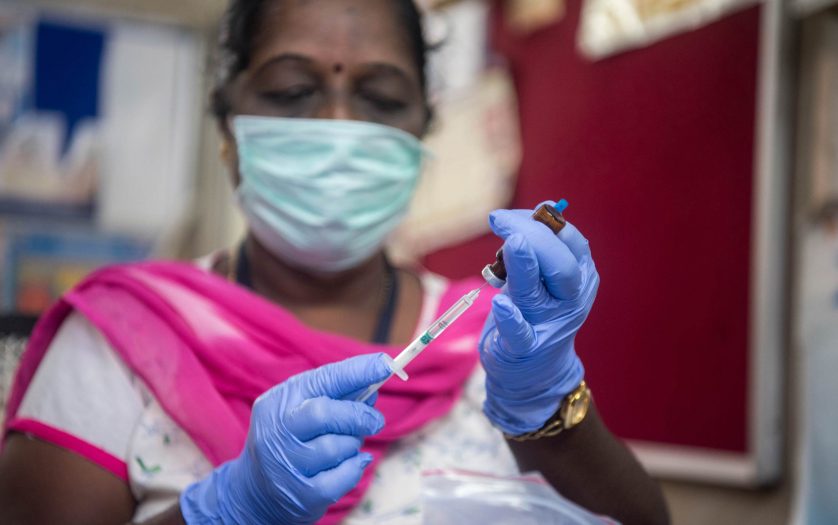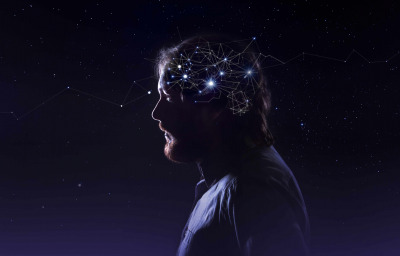
Disability rights activists demand barrier-free access to vaccinations for people with disabilities.
Pankaj Sinha, a Delhi High Court advocate, said that people who are more vulnerable to contracting COVID-19 should be vaccinated at their own homes.
“Visiting a vaccination centre during a lockdown is really difficult for persons with disabilities because they need an attendant, and more often than not, this results in higher exposure not only for the persons with disability but also their caretakers… The WHO and UNICEF in their Policy Briefs unveiled on April 21 also stated that people with disabilities are disproportionately impacted by the coronavirus…There must be equity in access to COVID vaccination, and vaccine prioritization must take into account these vulnerabilities and risks,” said Sinha, who is also secretary of People’s Action for Change and Empowerment.
Lalit Kumar, chairman of Evara Foundation—an NGO working for the empowerment of people with disabilities—pointed to the existing mobility issues.
“Accessibility in centres is an issue, but there are also many cases where people are bedridden and I am unable to understand how they should go about getting a vaccination. Blindness is not considered to be comorbidity but blind persons rely a lot on touch for movement, which increases their risk. Even if they don’t want to, persons with other disabilities also have to touch surfaces for movement, such as to adjust their wheelchair and so on… The pulse polio programme, which was the country’s biggest vaccination programme, was done from home to home so it’s not impossible… The list of disabled persons should be with the administration, and they should be contacted and asked if they would prefer a vaccination centre made barrier-free or vaccination at home,” Kumar said.
Dr. Satendra Singh, a professor at the University College of Medical Sciences and a disability rights activist, said that there is precedence for such an intervention elsewhere. He also pointed to the inaccessibility of the COWIN app for those with visual disabilities.
“There is a precedence and it is a very legitimate demand by the disability sector. In UAE, first, there was home testing for the disabled and elderly and this later extended to vaccination as well. I have heard that there is home vaccination in Pakistan as well… In Delhi, we are seeing media people being inoculated in their media houses, then why can’t the most vulnerable be inoculated where they are? A recent study in New England Journal of Medicine in the US found that people with intellectual disabilities are 5.9% likelier to die of COVID,” said Singh.
When asked if the government has any plans to make the vaccination process simpler for people with disabilities, Social Welfare Minister Rajendra Pal Gautam said that he would discuss the matter with the Secretary of the Social Welfare Department.








